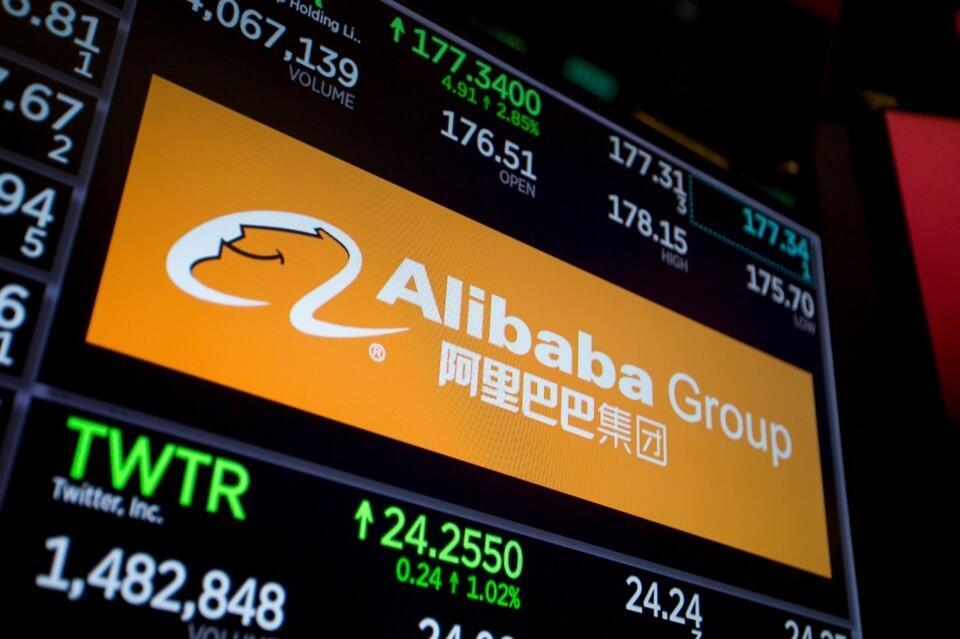

ALIBABA STOCK HONG KONG SOFTWARE
On top of that, the article explained how China’s government found a way to continue to extract more resources from Alibaba by stripping away its Key Software Enterprise status, which gave it preferential tax treatment, and by indirectly forcing it to spend $15.5 billion in the following years on the state’s Common Prosperity development fund.

In my latest article on Alibaba, I’ve discussed how the Communist Party of China started to strengthen its grip over entire industries to get greater control over the nation’s economic and political life, and how it used its aggressive actions against companies like Alibaba to silence its political opponents. For that reason, I continue to believe that China’s tech sector remains uninvestable in the foreseeable future, as not all of the political risks have materialized to this day, and it’s better to avoid investing in Alibaba no matter how undervalued its stock might be. Going forward, there’s a high chance that in the not so distant future Alibaba could be forced to be delisted from NYSE, as the latest underperformance of its stock, which was caused by the involvement of China in the company’s internal affairs, proves that nothing is impossible at this stage. While in the past the idea of the possible delisting of a company such as Alibaba was something out of ordinary, the recent political developments on both sides of the Pacific make it clear that even the biggest tech giants of this world are not immune to the actions of the opposite, belligerent to each other governments. Alibaba’s ( NYSE: BABA) fate rests in the hands of Chinese and US regulators, both of whom have more than enough instruments to delist the company’s shares from the US exchanges for different reasons.


 0 kommentar(er)
0 kommentar(er)
